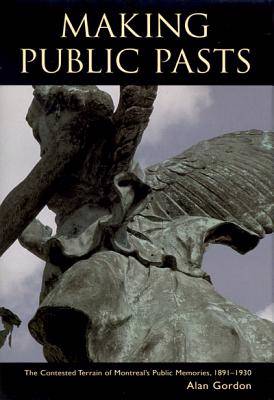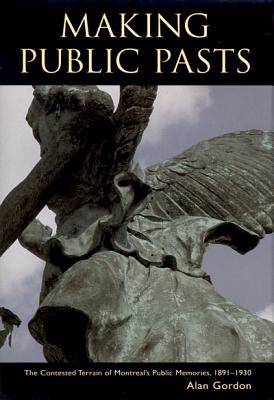
- Afhalen na 1 uur in een winkel met voorraad
- Gratis thuislevering in België vanaf € 30
- Ruim aanbod met 7 miljoen producten
- Afhalen na 1 uur in een winkel met voorraad
- Gratis thuislevering in België vanaf € 30
- Ruim aanbod met 7 miljoen producten
Zoeken
€ 186,45
+ 372 punten
Omschrijving
Between 1891 and 1930 Montreal was a bilingual and multicultural city. Its 'two majorities' struggled to negotiate and commemorate their respective memories in the public spaces of the city. This work argues that the contest was fundamentally ideological, a competition between major social groups to shape perceptions of history.
Specificaties
Betrokkenen
- Auteur(s):
- Uitgeverij:
Inhoud
- Aantal bladzijden:
- 288
- Reeks:
Eigenschappen
- Productcode (EAN):
- 9780773522541
- Verschijningsdatum:
- 24/10/2001
- Uitvoering:
- Hardcover

Alleen bij Standaard Boekhandel
+ 372 punten op je klantenkaart van Standaard Boekhandel
Beoordelingen
We publiceren alleen reviews die voldoen aan de voorwaarden voor reviews. Bekijk onze voorwaarden voor reviews.











